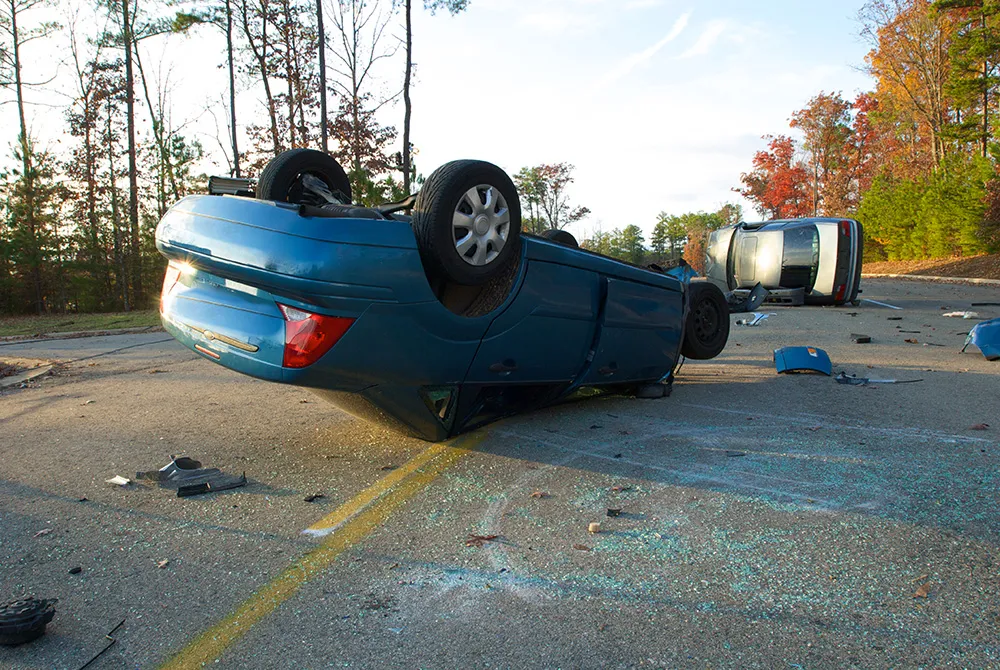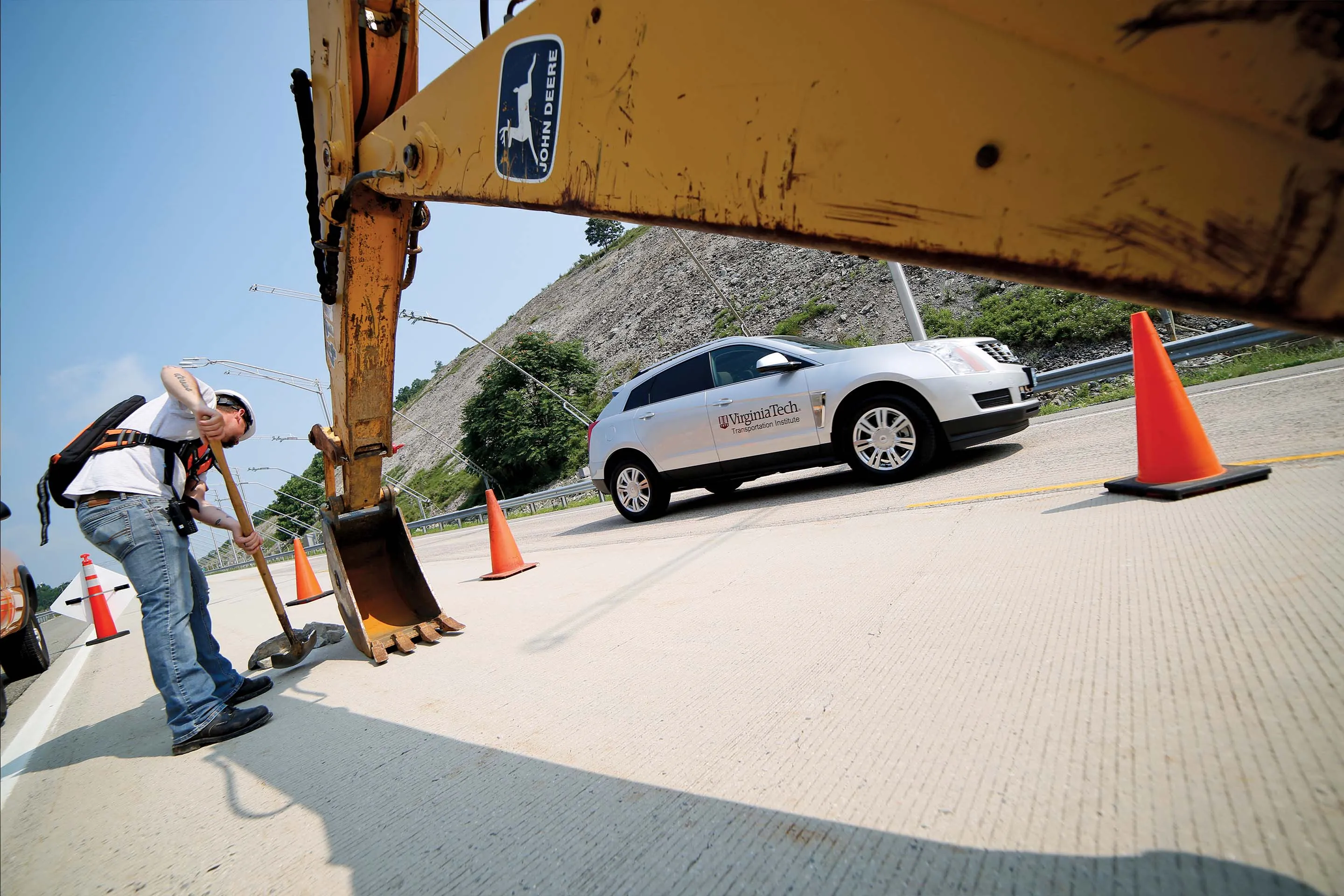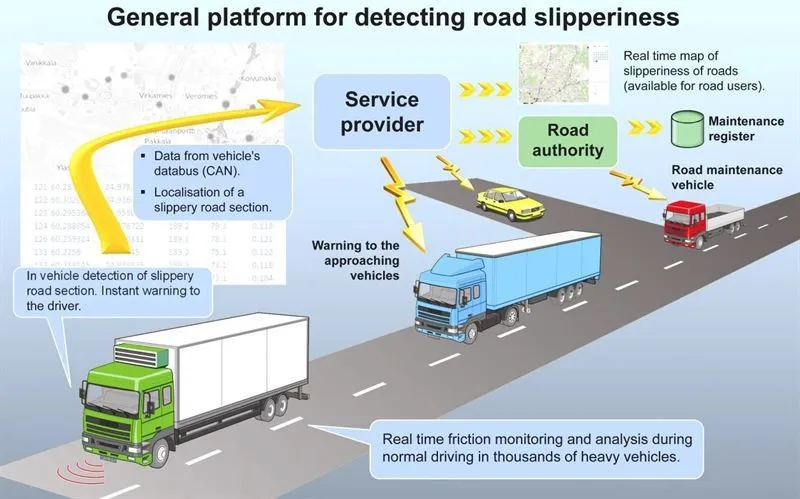Researchers at the Texas Transportation Institute have revealed how texting impairment is even greater than many experts previously believed, and demonstrates how texting drivers are less able to react to sudden roadway hazards.The findings of the study, the first published work in the US to examine texting while driving in an actual driving environment, extend to other driving distractions that involve reading or writing, such as checking e-mail or Facebook, according to the researchers.
May 3, 2012
Read time: 2 mins
Researchers at the 2347 Texas Transportation Institute have revealed how texting impairment is even greater than many experts previously believed, and demonstrates how texting drivers are less able to react to sudden roadway hazards.The findings of the study, the first published work in the US to examine texting while driving in an actual driving environment, extend to other driving distractions that involve reading or writing, such as checking e-mail or 3009 Facebook, according to the researchers.The fact that the study was conducted in an actual driving environment is important, the researchers say. While simulators are useful, the dynamics of an actual vehicle are different, and some driver cues can't be replicated in a simulator.
By using a closed course, researchers created an environment similar to real-world driving conditions while providing a high degree of safety for the participants.The study, sponsored by the Southwest Region University Transportation Centre, was managed by Christine Yager, an associate transportation researcher in TTI's Centre for Transportation Safety. "Most research on texting and driving has been limited to driving simulators. This study involved participants driving an actual vehicle," Yager says. "So one of the more important things we know now that we didn't know before is that response times are even slower than we previously thought."The total distance covered by each driver in the study was slightly less than 11 miles.
In the interest of safety for both participants and the research staff, researchers minimized the complexity of the driving task, using a straight-line course that contained no hills, traffic or potential conflicts other than the construction zone barrels. Consequently, the driving demands that participants encountered were considerably lower than those they would encounter under real-world conditions."It is frightening," the researchers wrote, "to think of how much more poorly our participants may have performed if the driving conditions were more consistent with routine driving."
By using a closed course, researchers created an environment similar to real-world driving conditions while providing a high degree of safety for the participants.The study, sponsored by the Southwest Region University Transportation Centre, was managed by Christine Yager, an associate transportation researcher in TTI's Centre for Transportation Safety. "Most research on texting and driving has been limited to driving simulators. This study involved participants driving an actual vehicle," Yager says. "So one of the more important things we know now that we didn't know before is that response times are even slower than we previously thought."The total distance covered by each driver in the study was slightly less than 11 miles.
In the interest of safety for both participants and the research staff, researchers minimized the complexity of the driving task, using a straight-line course that contained no hills, traffic or potential conflicts other than the construction zone barrels. Consequently, the driving demands that participants encountered were considerably lower than those they would encounter under real-world conditions."It is frightening," the researchers wrote, "to think of how much more poorly our participants may have performed if the driving conditions were more consistent with routine driving."









